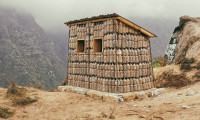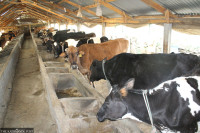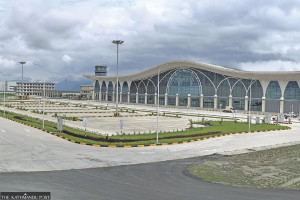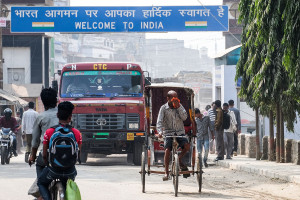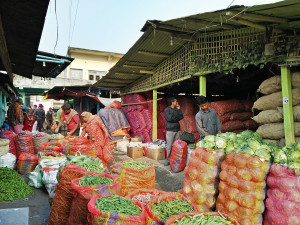Money
66 Nepali goods now eligible for duty-free entry into US
A total of 66 Nepal-made items, including carpets, headgear, shawls, scarves and travel goods, can now enter the US market without being subject to any form of duty, as US President Barack Obama has signed a proclamation to implement the legislation on trade preference programme for Nepal.
A total of 66 Nepal-made items, including carpets, headgear, shawls, scarves and travel goods, can now enter the US market without being subject to any form of duty, as US President Barack Obama has signed a proclamation to implement the legislation on trade preference programme for Nepal.
President Obama had signed the Trade Facilitation and Trade Enforcement Act in February granting duty-free tariff benefits to 66 Nepali goods. The Act came into implementation on Thursday after the US president signed the proclamation, says a statement issued by the US Embassy in Kathmandu on Friday.
“The legislation provides a unique opportunity for Nepali businesses to expand their exports to US markets,” the statement quotes US Ambassador Alaina B Teplitz as saying. “These trade preferences will provide some support, but ultimately Nepal’s broader economic development will be achieved through policy reform that incentivises investment, an improved business environment and labour reform that supports all sectors.”
The Nepal Preference Programme will be in place for 10 years and was designed to help Nepal’s economic recovery from the earthquakes that struck the country in 2015. The programme grants duty-free tariff benefits for certain Nepali exports not currently eligible for duty-free access to the US market. It also authorises a trade capacity building programme, focused on helping Nepal implement the World Trade Organization’s Trade Facilitation Agreement.
Before the legislation came into implementation, the US International Trade Commission had reviewed products covered by the preference programme to ensure that an increase in imports of these products into the US market would not negatively affect the US economy.
After the US trade commission began its study, Nepali Commerce Secretary Naindra Prasad Upadhaya, during his visit to the US, had said the 66 items were not, in any way, import sensitive and they would not harm US industries producing similar items.
The implementation of this programme, however, will not affect other Nepal-made goods that are already eligible for duty-free access into the US market under the Generalized System of Preferences (GSP) programme.
Under the 40-year-old GSP programme, the US provides duty-free treatment for many imports from beneficiary developing countries, and additional products for Least Developed Beneficiary Developing Countries (LDBDCs), including Nepal.
About 5,000 products from 122 beneficiary developing countries and territories, including 43 least-developed countries, are eligible for duty-free treatment when exported to the US under the GSP programme. Nearly 1,500 of these products are reserved for duty-free treatment for LDBDCs only.
During the annual product review of GSP programme in July, the US had provided duty-free status to additional travel goods, such as luggage, backpacks, handbags, and wallets, produced in LDBDCs.




 16.12°C Kathmandu
16.12°C Kathmandu